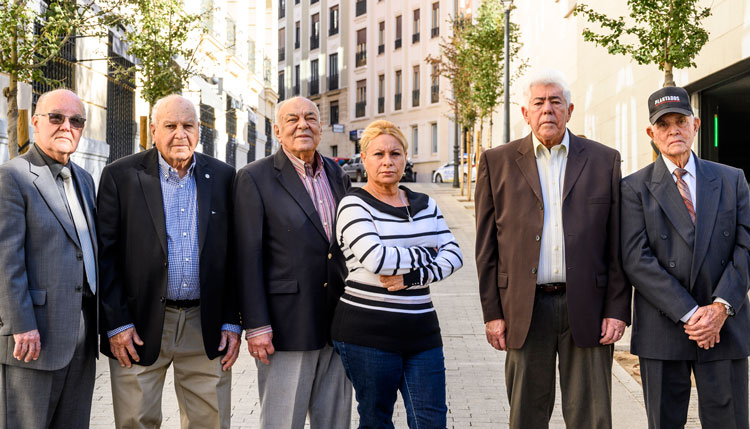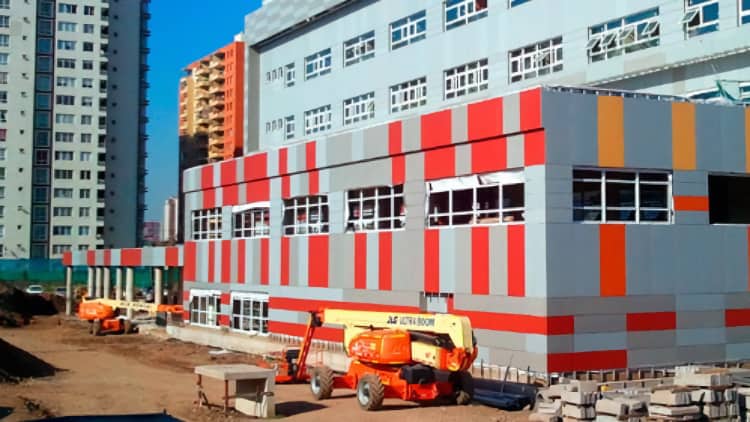The Diplomat
The film Plantados, a story about prisoners imprisoned at the beginning of Fidel Castro’s dictatorship, directed by Lilo Vilaplana, of Cuban origin who, after a successful career as a short filmmaker, is making the leap to directing feature films, will arrive at Spanish cinemas on 19 November.
The feature film tells the story of a group of Cuban political prisoners at the beginning of the Castro dictatorship. After having supported Fidel Castro in his struggle against Batista, they ended up imprisoned by him. They refused to submit to a re-education plan in exchange for a reduced sentence, and were subjected to humiliation and torture. The film interweaves two timelines: the present day when one of those prisoners, now an elderly man living in Miami after 25 years in prison, meets one of the henchmen who tortured him. From there, he begins a journey into the past, remembering everything he has lived through as a Plantado.
On 8 November, several living Cuban dissidents visited our country and answered questions from the press, recounting their terrible experiences, which are faithfully recounted in the feature film Plantados.
The Diplomat: How does one manage to survive such an experience and recover one’s humanity when leaving?
After an experience like this one, you are definitely prepared and life goes on and you have to change, you have to leave behind the torture, the mistreatment, the abuse, the crimes, the mutilations… All that has to be left behind and look forward. And that’s what we are doing, looking forward and that’s why this message of the film, a message of warning to the free peoples that there is a real danger of the possible arrival of a communist political system.
The Diplomat: Have you had at any time any form of contact with the Cuban government? Have they tried in any way to get in touch with them?
No, not at any time. For communist regimes, adversaries are enemies to be destroyed. They tried to destroy us in the prisons and, of course, now when we are outside. Anyone who says anything contrary to their political philosophy is a victim of defamation and must be destroyed politically and personally. No, there is no contact with them and they don’t want any contact with us. We would be willing to look for solutions as long as they are solutions that lead to giving the Cuban people back their sovereignty, that is, the ability of the Cuban people to decide their destiny, which has been stolen from them by the communist regime.
The Diplomat: Is there any suspicion of the existence of more criminal prisoners in Miami or elsewhere, hiding their true identity and their past?
In many cases they do not even hide anymore. Most of the former repressors, of course, have even left Cuba for the United States, and others are here in Spain and Latin America, because many of them have enriched themselves by capitalising on the properties they confiscated from the imprisoned. They avoid meeting us, we know they are there. They are also in Washington or New York and in the main American cities living the life of the bourgeoisie, but subjugating the people of Cuba, whom most of their children are already rejecting, as we see in the social networks.
The film stars Gilberto Reyes, Ricardo Becerra, Frank Egusquiza and Carlos Cruz, who bring to life the real characters that inspired the story.







